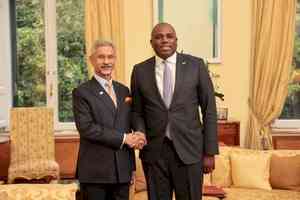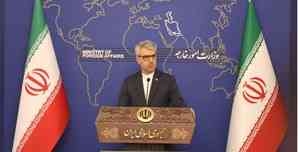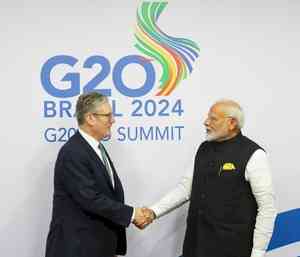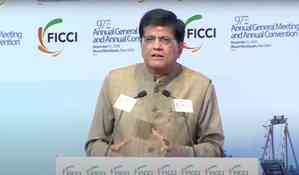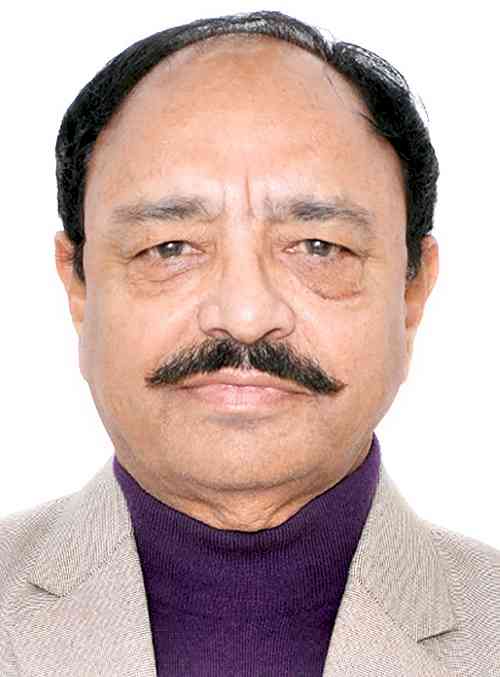ANC left with 159 seats in 400-member house, Ramaphosa stresses on finding 'common ground'
South Africa's predominant party, the African National Congress, which saw its support plunge dramatically to 40 per cent in the May 29 polls to lose its majority for the first time in the three decades after the end of the apartheid era, has secured only 159 seats in the 400-member National Assembly and will need alliance partners to form the next government, reports said.
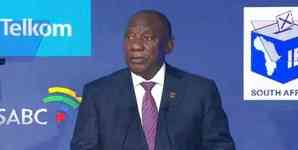
Johannesburg, June 2 (IANS) South Africa's predominant party, the African National Congress, which saw its support plunge dramatically to 40 per cent in the May 29 polls to lose its majority for the first time in the three decades after the end of the apartheid era, has secured only 159 seats in the 400-member National Assembly and will need alliance partners to form the next government, reports said.
South Africa's Electoral Commission on Sunday announced the distribution of seats in the legislature, the BBC reported
After the ANC, the second-biggest party is the centre-right, pro-business Democratic Alliance with 87 seats, former President Jacob Zuma's uMkhonto we Sizwe Party (MK) has 58 seats, the radical Economic Freedom Fighters with 39 seats, the Inkatha Freedom Party with 17 seats, and the PA and other smaller parties get the remaining 40 seats.
While the ANC will have to find coalition partners to form the next government, the legislature's makeup also makes clear that it cannot be ignored in government formation.
Addressing the gathering before announcing the seat distribution, Chief Electoral Officer Sy Mambolo said "Election 2024 was like no other before".
Terming it a "moment of democratic affirmation", he said: "As has been the case in the last 30 years, our democracy has spoken, indeed the people have expressed their political choices through the ballot box."
"We must now honour the people’s choices," he added.
Mambolo stressed how South African democracy has influenced the region, and its 30-year transition from an apartheid state to a multiparty democracy has helped promote "democratic governance, peace and development on the continent".
Chairman of the Electoral Commission, Mosotho Moepya said: "These elections have tested the strength of our democracy, and shown the strength of our institutions. These elections were undoubtedly the most difficult and the most hotly contested."
In his address, President Cyril Ramaphosa jocularly observed that the poll panel chair had, instead of saying "distinguished", called him "extinguished".
In his first remarks since the election results, he said that he and his party accepted the will of the South African people, the South African Broadcasting Corporation reported.
"Our people have spoken whether we like it or not. Through their votes, they have demonstrated clearly and plainly that our democracy is strong and it is enduring."
"We must respect their choices and their wishes."
Ramaphosa underlined that this election "has made plain is that the people of South Africa expect their leaders to work together to meet their needs."
"They expect the parties for which they voted to find common ground, to overcome their differences, for the good of everyone."
"Over the past 30 years, we have strived together to build a country which everyone – black and white, man and women, young and old – can call home," the President said.
"This is the time for all of us to put South Africa first. The people of this country expect and deserve no less."
--IANS
vd


 IANS
IANS 
